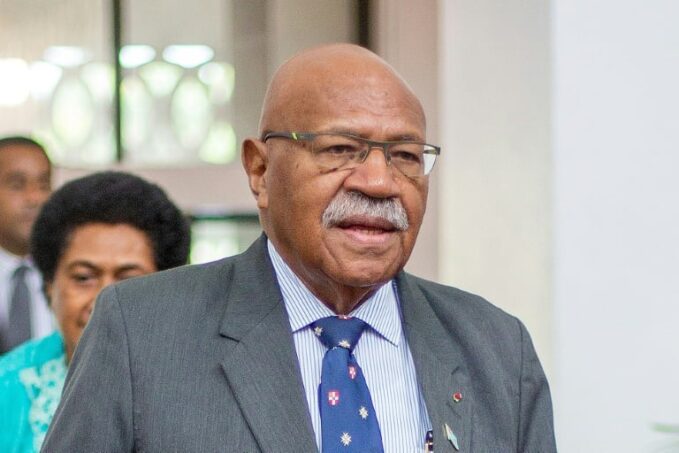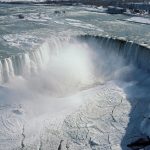
Fiji’s Prime Minister, Sitiveni Rabuka, has emphasized the importance of maintaining the Pacific islands as a “zone of peace.” His statement came after a summit meeting with leaders from several Pacific island nations, where climate change and regional security took center stage. Leaders from Papua New Guinea, Solomon Islands, Vanuatu, Fiji, and New Caledonia’s ruling FLNKS party gathered in Vanuatu for the summit.
While the Melanesian Spearhead Group leaders have not yet publicly released a joint declaration on regional security from the summit, Rabuka disclosed that discussions primarily revolved around the growing rivalry between the United States and China in the Pacific region.
Rabuka expressed concern that both superpowers are attempting to polarize the Pacific nations into their respective spheres of influence. He stressed the need for the Pacific to remain a “zone of peace” and emphasized the importance of non-alignment. He hopes that this rivalry will not escalate into military conflict or lead to military buildups in the region.
These five strategically located countries in the South Pacific, with their significant role in World War II, find themselves once again at the center of a geopolitical contest. Solomon Islands has a security pact with China, Papua New Guinea signed a defense cooperation deal with the US, and Fiji recently co-hosted an Indo-Pacific defense chiefs’ conference with the US, attended by China.
Vanuatu’s Prime Minister, Ishmael Kalsakau, has faced political challenges for signing a security agreement with US ally Australia, with concerns that it might upset China, Vanuatu’s largest external creditor. Vanuatu’s supreme court is expected to rule on a no-confidence motion against Kalsakau soon.
Rabuka also revealed that the leaders discussed concerns about Japan’s discharge of water from the damaged Fukushima nuclear power plant, an issue that prompted a protest march in Fiji’s capital, Suva.










Leave a Reply